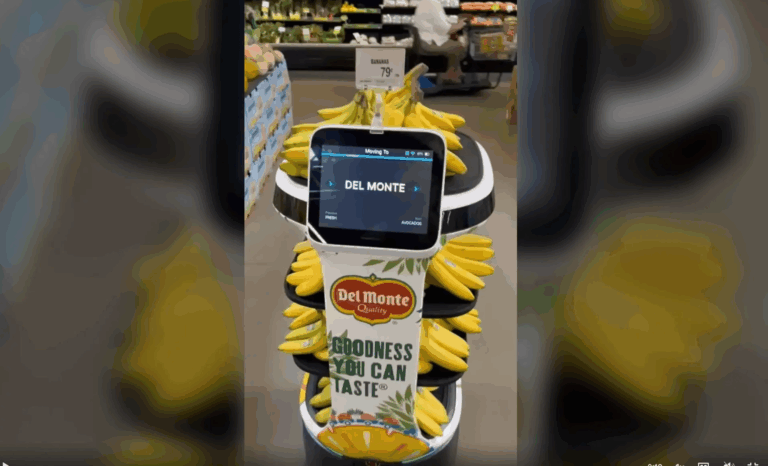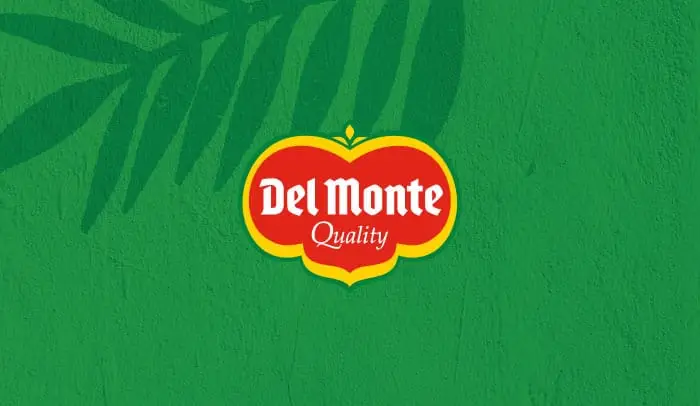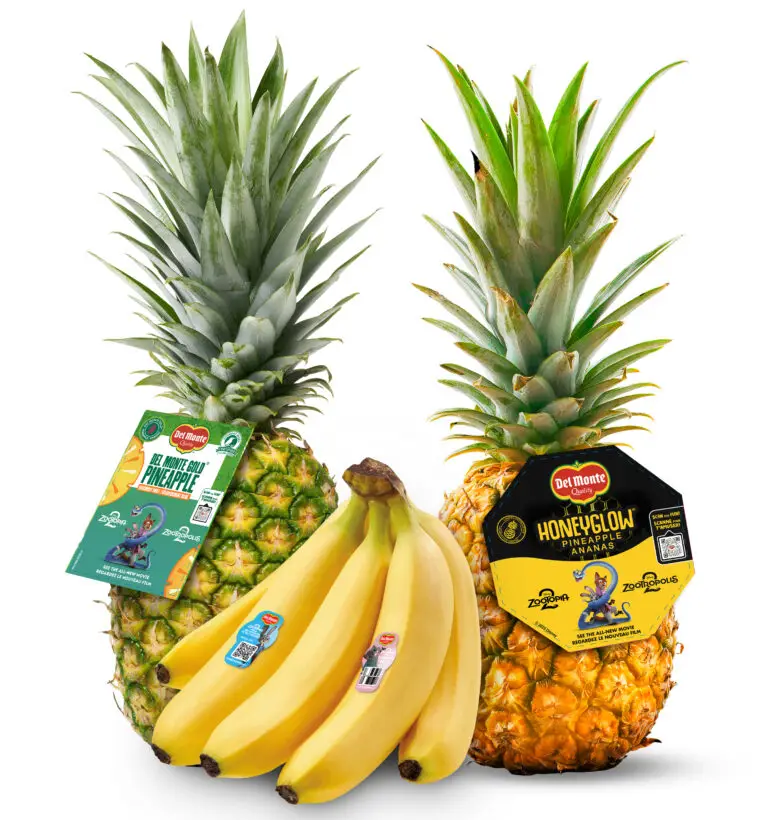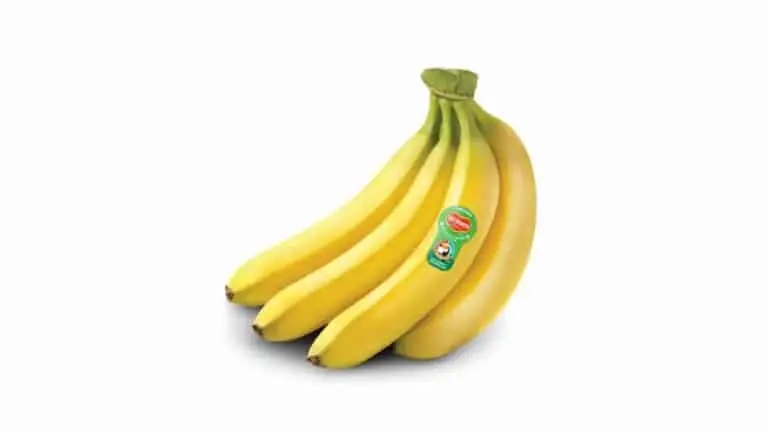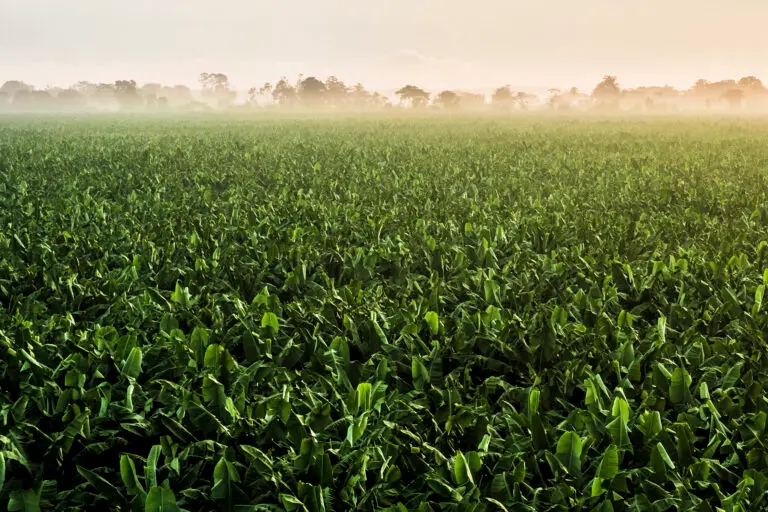As seen in Supply Chain Management Review.
In its most recently-released sustainability report, one of the leaders in the production of fresh and fresh-cut fruits and vegetables is making big strides on its sustainability goals.
This is the second of two articles looking at sustainability in the supply chain. The first detailed Walmart’s Purchase Power Agreement with Schneider Electric to make sources of renewable energy available to 5 of Walmart’s suppliers.
Just a few years ago, MIT professor and supply chain thought leader Yossi Sheffi published Balancing Green: When to Embrace Sustainability in a Business (and When Not To), a provacative book that looked at the state of corporate sustainability. Fast forward, and just a couple of weeks ago, Sheffi wrote “Sustainability in supply chain isn’t a buzzword anymore; it is a movement.”
If 2020 was the year of the lockdown, 2021 and 2022 have been the years when sustainability and corporate responsibility jumped back to the top of the ToDo list, especially for supply chain managers. We have, of course, been talking about sustainability for years – in the article I just published on one of Walmart’s initiatives, its sustainability leader pointed out that Walmart has been in the fight since 2005. Like Sheffi, I’ve noticed that in almost every interview I’ve done with a senior supply chain leader since early 2021, sustainability and diversity and inclusion have been part of the conversation. ESG isn’t just a supply chain concern, but you can no longer talk about supply chain without talking about those issues.
That’s one of the reasons I recently spoke with Hans Sauter, the chief sustainability officer and senior vice president of R&D and Agricultural Services at Fresh Del Monte Produce Inc., one of the world’s leading vertically integrated producers and distributors of high-quality fresh and fresh-cut fruit and vegetables. Fresh Del Monte takes farm-to-table to a different level.
About a month ago, Fresh Del Monte released its 2021 Sustainability Report, noting that it was the first time it was “in alignment with the Sustainable Accounting Standards Board (SASB) within Agricultural Products for the feed and beverage industry and reports in reference to the Global Reporting Initiative (GRI), including mapping to the sector standard for Agriculture, Aquaculture, and Fishing.” While I may not be able to explain that sentence, I think what it represents is the maturing of sustainability within organizations, as they are increasingly being held accountable by their wholesale customers, like Walmart and major grocery chains, consumers and regulators.
You can read the entire report here, but here are a few highlights:
* In 2020, the company became the first global marketer of fruits and vegetables to commit to Science Based Targets initiative, with a goal to reduce emissions by 27.5% by 2030. By the end of 2021, it had already reduced greenhouse gas emissions for Scope 1 and 2 by 22% compared with a 2019 baseline, through efforts like the acquisition of six more efficient vessels that are saving nearly 19,000 metric tons of fuel each year.
* Fresh Del Monte invested $5 million in water infrastructure upgrades at its facilities in 2021. It decreased its overall water withdrawal by 26% across operations.
* Fresh Del Monte generated the energy equivalent of 737 homes electricity use for one year with wind turbines in Gonzales, California.
What are the motivating factors, I asked Sauter? For one, he noted that agriculture takes place outside, exposed to the elements, and that Fresh Del Monte is experiencing more and more extreme climate events, especially in the tropics. For another, the investory community is asking publicly-traded companies, like Fresh Del Monte, how prepared they are to address these changing conditions – it’s as much a risk management question as it is a climate change question. Regulators across the globe are taking up the issue. “We have to comply in every geography where we operate,” Sauter said. He added that Fresh Del Monte has been addressing these issues for some time; “what’s new is the framework, or the structure, that society is giving to all of those issues.” And, finally, “with consumer awareness comes opportunity. We want to lead the way.”
Sauter also pointed out that its an industry imperative: Agriculture is responsible for close to 25% of global greenhouse emissions, related to energy, the use of nitrogen-based fertilizers and deforestation to create new cropland, especially in emerging markets. Add into that equation that food is perishable, and a percentage of all fresh food ends up in the landfill, turning to C02. Yet, we all gotta eat, right? “Despite indoor and greenhouse farming, there will always be the need for extensive farming,” Sauter said. For that reason, its incumbent on the industry to address these challenges where it can.
“One of the things that makes farming unique is that you can’t take your farm somewhere else when the climate changes,” he said. “You adapt to it, or you lose it.” As the VP of R&D, Sauter said they are working on varieties of produce that are more tolerant to heat, water stress, diseases and pests. Technology may be a critical answer. Given that Fresh Del Monte grows 50% of what it grows, Sauter believes it is better positioned than most to experiment and advance the industry.
At the end of the conversation, I asked Sauter what he believes sets Fresh Del Monte’s sustainability journey apart. “I strongly believe that one of the initiatives that makes Fresh Del Monte stand apart from the pack is our unique way of integrating all aspects of sustainability into our farming operations,” he said. “Our planet is currently experiencing a dual crisis, with climate change and biodiversity loss menacing the stability of ecosystems and casting serious shadows about the future.”
